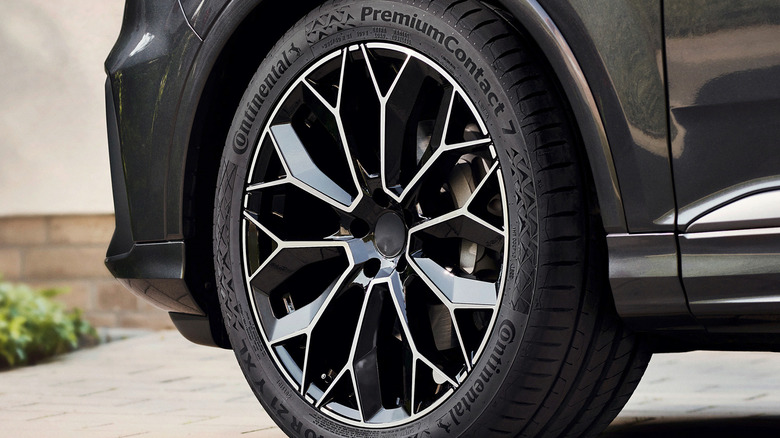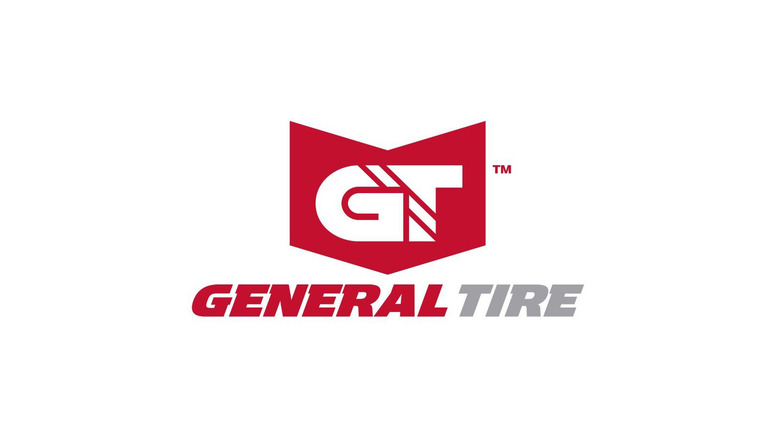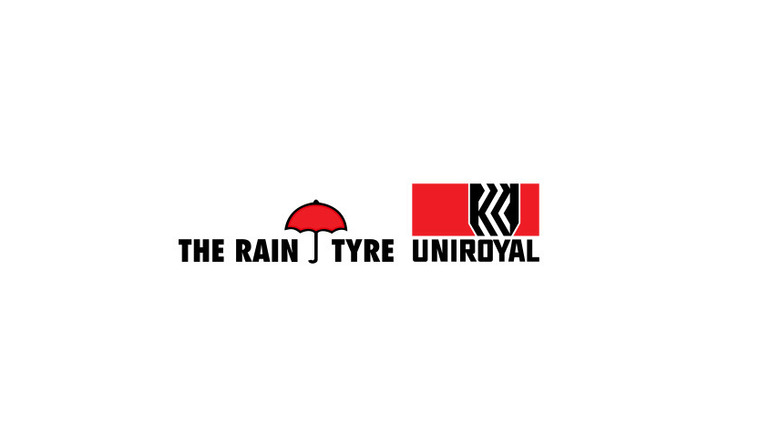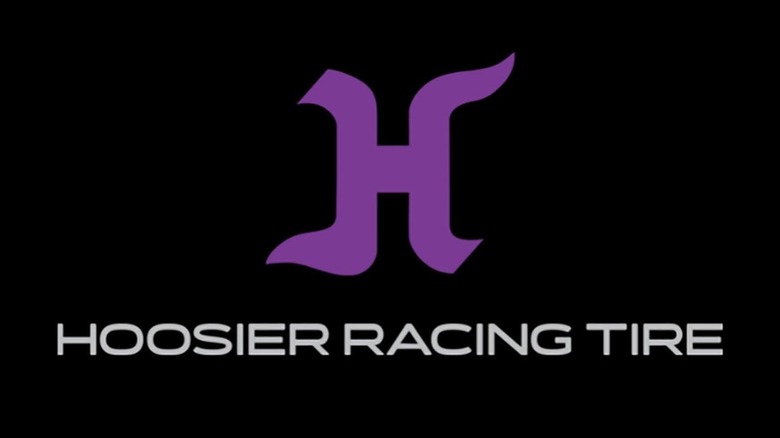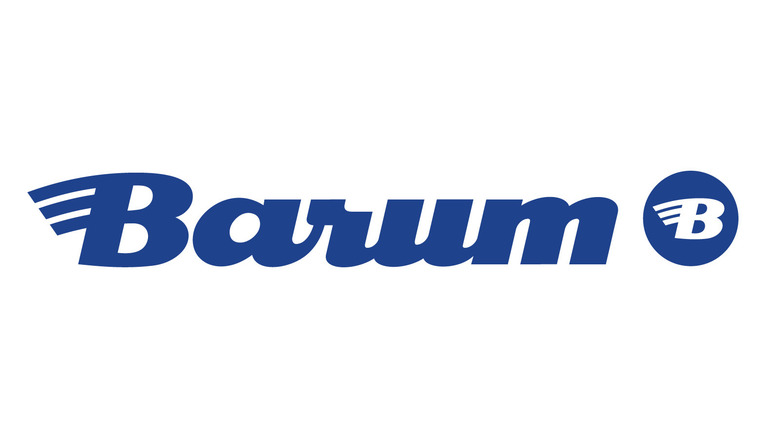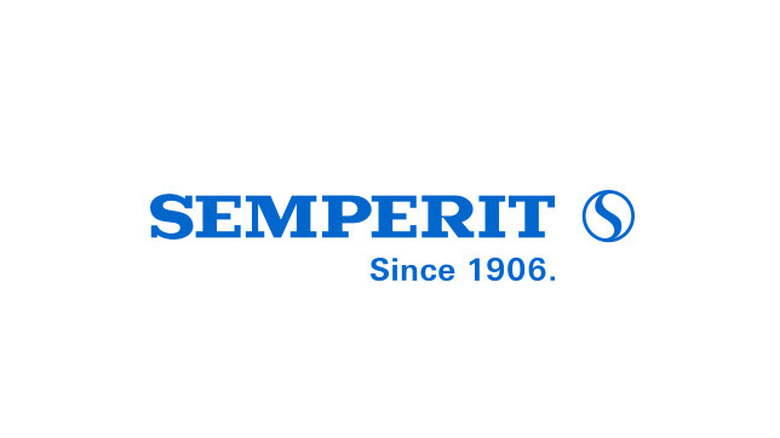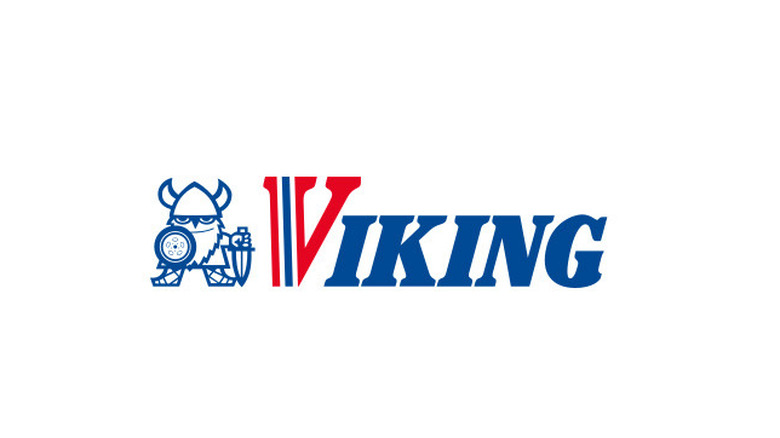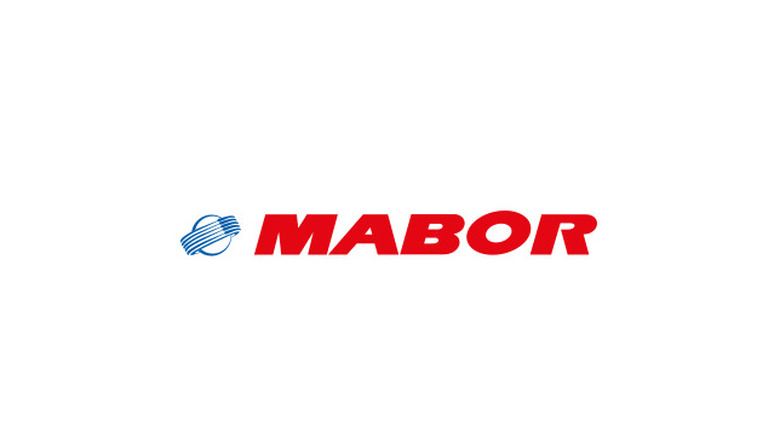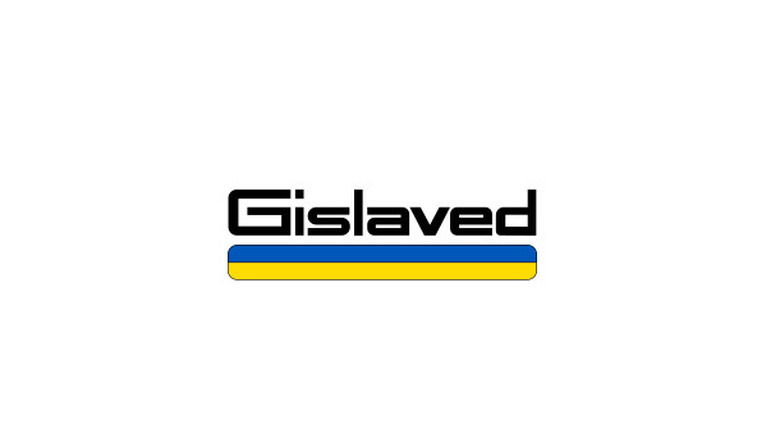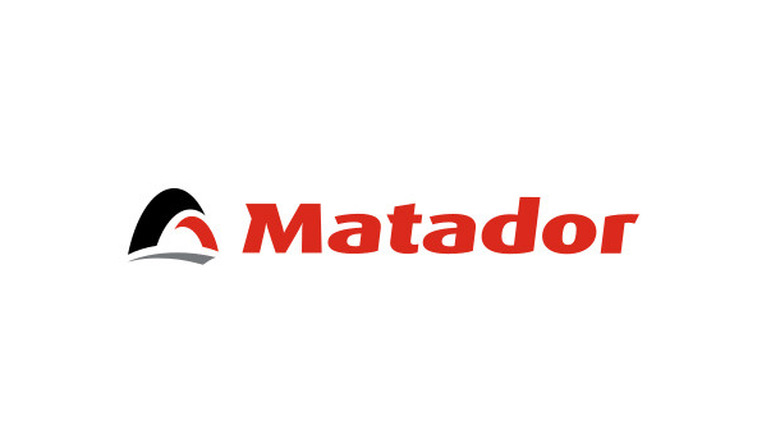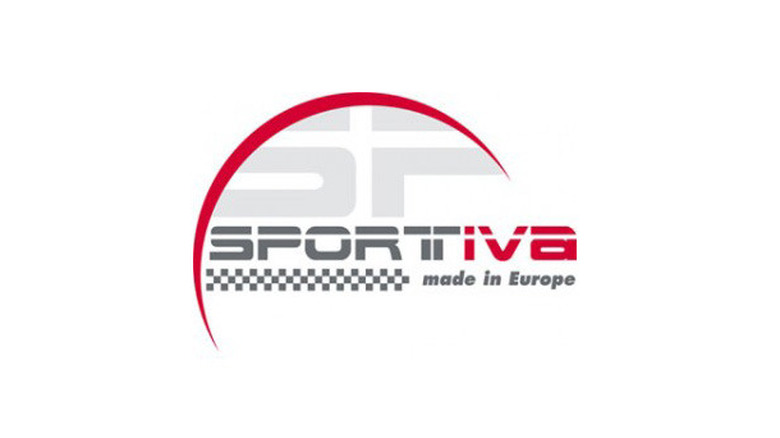11 Tire Brands Owned By Continental
Continental is the fourth biggest tiremaker globally. Hardly surprising for a company that produces consistently good tires, which often win comparison tests against premium rivals from Michelin, Bridgestone, and Goodyear. Sure, Continental tires are expensive, but they are the testbed for the company's newest, most advanced technologies.
However, not many know about the dozen or so other tire brands that Continental happens to own. The German tiremaker was established in 1871, and since then has been on an upward trajectory, with innovation and quality being its main driving force. This has allowed it to swallow many smaller tiremakers, usually focused on the budget-minded sector — you'd probably be surprised to see which ones it owns.
So, in this piece, we're taking a closer look at each tire brand owned by Continental. We'll give you all the details about the brands, the types of tires they offer, and the markets in which they operate. Ultimately, you should be able to decide whether any of these brands is a good fit for you. Time to burn some rubber!
Continental Tire
Continental's own brand has a vast portfolio of premium tires that cover everything from small family cars to semis. The brand also produces well-regarded bicycle, motorcycle, and heavy machinery tires.
Here we'll focus on Continental's car tires, though. In North America, the company's passenger car range consists of several product families. The TrueContact Tour 54 is a regular all-season tire, and one of the best for driving in the rain in its category. Meanwhile, the PureContact LS is more of a luxury all-season tire for larger vehicles.
For performance vehicles, Continental offers the ExtremeContact DWS06 Plus, which is among the best UHP all-season tires out there, performing excellently across various tests. Furthermore, the VikingContact 7 is a highly rated winter tire, while the ExtremeContact Sport 02 max-performance summer tire offers outstanding dry/wet grip and durability for sports cars.
Continental's crossover/SUV tire range consists of the CrossContact family, like the solid LX25, aimed mainly at drivers that spend most of their drive on paved roads. For pickup trucks, the TerrainContact range makes more sense, with highway and all-terrain versions available. Still, the TerrainContact A/T is more of a mild all-terrain tire, primarily designed for on-road use.
In other markets, Continental's range is slightly different. There, the AllSeasonContact 2 is the regular all-season option, accompanied by the ExtremeContact DWS06 Plus. For drivers of sport cars, there is the highly-rated SportContact 7 summer performance tire, while the excellent PremiumContact 7 is designed for luxury and performance vehicles. Continental also offers the NorthContact NC6, an extreme winter tire, and the CrossContact RX, H/T, AX6, and ATR for crossovers and SUVs.
General Tire
General Tire is an American company through and through, established in 1915 in Akron, Ohio. Unlike most other Continental-owned brands, General has innovated quite a bit over the years. Continental purchased it in 1987, and helped it tackle the European market in 2000.
Today, General's tires are slotted neatly below Continental's in the conglomerate's range. They are generally more affordable, though still not very cheap. "Near premium" would be a nice description. So, if you want a budget-friendly all-season tire that still performs well, instead of the TrueContact Tour54, you can get the General AltiMAX RT45. Meanwhile, General's crossover/SUV all-season tire is the Grabber HTS60.
The AltiMAX family also includes the 365 AW, which is more of a winter-oriented all-season tire with 3PMSF certification. Drivers that often encounter harsh wintry conditions, though, might want to have a look at General's winter tires. Each of the brand's winter options are studdable, meaning they will work successfully on icy roads. These include the passenger-car-oriented AltiMAX Arctic-12, Grabber Arctic (crossover/SUV), and Grabber Arctic LT (pickup truck). For owners of performance cars, General offers the G-MAX AS-07 all-season tire and G-MAX RS summer tire. Both performed well in reviews, especially for the price.
Still, there is one category where General reigns supreme over its parent company — off-road tires. The brand's Grabber range consists of the A/T-X, one of the best all-terrain tires, but also the A/T-Sport, A/T-Sport-W, and APT all-terrain tires, and the aggressive X3 mud-terrain tire.
Uniroyal
Do a quick Google search for the parent company of Uniroyal, and depending on where you live, you'll get two different answers. If you live in America, Uniroyal is owned by Michelin. Our European readers, though, will find that Uniroyal is owned by Continental. Uniroyal was established in 1868 in Liège, Belgium, though it joined forces with the U.S. Rubber Company in 1950, forming the Uniroyal-Engelbert company.
In 1979, Continental purchased the European arm of the brand. Today, Uniroyal is known for its "The Rain Tire" motto. Water resistance has been this rubber's company main driving force since the beginning, but the biggest advancement came in 1914, when brand founder Oscar Englebert introduced the zig-zag tread pattern, which dramatically reduced skidding in rainy conditions. Later, Uniroyal was also the first company to introduce a rain tire with a V-shaped tread pattern.
Uniroyal Europe's range consists of summer, all-season, and winter tires for passenger cars, crossovers, and SUVs. The all-season range includes the AllSeasonExpert 3 and AllSeasonMax, with the RainSport 5 and RainExpert 5 cover summer weather. For the winter, Uniroyal has the WinterExpert car tire and Snow Max 3 for SUVs and vans.
Are Uniroyal tires really that good in the rain, though? The RainSport 5 performance summer tire has provided relatively short stopping distances on wet tarmac in AutoBild's test, though not class-leading. Still, it has good hydroplaning resistance, and costs less than its premium brethren, the Continental PremiumContact 7. In that sense, Uniroyal's tires are similar to General — more affordable, but not very cheap.
Hoosier Tires
If you follow drag racing, chances are you heard about Hoosier Tires. The American brand was born out of racing driver Bob Newton's dissatisfaction with the grip from street tires, so he began retreading them with softer compounds.
These days, Hoosier is the largest manufacturer of racing tires, and it operates under Continental, after the German conglomerate bought the company in 2016. Although the brand specializes in producing purpose-built racing tires, it also sells Department of Transportation (DOT)-approved tires, though the company advises against using most of its tires on the highway. Yes, they meet the DOT requirements, but using them on public roads is a safety hazard.
An exception to that statement is the TrackAttack Pro, which can be used on the street, though it's still very much a track tire. And whether it's better than Continental's extreme-performance summer tire, the ExtremeContact Force, depends on what you need. The TrackAttack Pro is a much more focused performance tire. It offers higher dry lateral grip. Accelerates and brakes better. Weighs less. However, it will also struggle on wet pavement due to its near-slick, minimal tread pattern.
That said, if you want to win races, Hoosier tires are a safe bet. The company has produced over 1,000 different types of racing tires, covering various events. Asphalt oval. Circuit racing. Dirt oval. Drag racing. Off-road. Rally. You name it, Hoosier has a suitable tire. Heck, the company even won the Daytona 500 in 1989. So, if you plan on entering racing events, you should consider Hoosier's racing tires.
Barum
Barum is a Czech tire manufacturer, established in 1948 following the merger of Bata, Rubana, and Mitas. Initially, the company focused on producing rubber for shoes. However, after seeing the rise of the automotive industry, Barum started exclusively making tires. Although primarily a budget-tire manufacturer today, Barum has been honing its craft in motorsport during the 1950s and 1960s. Still, the biggest jump in the brand's history happened in 1993, when Continental AG acquired the company.
Barum's range consists of six product families. The Bravuris range consists of summer touring tires for passenger cars (5HM and 6), and crossovers/SUVs (4x4). It focuses on delivering high mileage and reliable dry performance. Still, independent tests show that the brand-new Bravuris 6 is below-par on dry and wet roads, even when compared to other budget options from Sava, Matador, and Fulda.
The company's all-season offerings include the Vanis AllSeason, designed for commercial vehicles, and the car-focused Quartaris 5. The latter was a good rain performer in comparison tests, though struggled with dry grip. Barum also produces winter tires under the Polaris and Snovanis. Meanwhile, Barum's Brillantis 2 summer tire is designed to fit older cars with smaller 13-inch, 14-inch, and 15-inch tires.
Barum's below-average performance in comparison tests shouldn't be surprising given the price of its tires. For instance, the Quartaris 5 (205/55R16) costs around 70 euros (around $80) in Europe, while the Continental AllSeasonContact 2 is almost 100 euros (almost $115).
Semperit
Semperit is an Austrian brand with a 200-year history. During the late 19th and early 20th century, the company was the largest rubber producer in the Austro-Hungarian empire, and later Austria's second-largest industrial group. Semperit then became a successful tiremaker, though the 1970s financial crisis led to Continental buying the company in 1985.
Today's Semperit range covers every category that's viable for the European market. The Speed-Life 3 is a grippy summer touring tire, while the Comfort-Life 2 is more oriented toward driving refinement. Semperit also offers the AllSeason-Grip 2 and AllSeason-Grip for people that want one solution for the whole year. Meanwhile, the Speed-Grip 5 and Speed-Grip 3 are athletic winter tires, while the Master-Grip 2 is a winter tire designed for the harshest conditions. The Austrian tiremaker also offers Van-specific summer, all-season, and winter tires.
Now, the company's motto is "Semperit always grip." So, do they? Well, the Semperit Speed-Life 3, which is a direct competitor to the Bravuris 6, has fared better than its rival in comparison tests (dry and wet braking). However, it's also almost 15% more expensive. On the other hand, the Speed-Grip 5 was one of the highest-rated winter tires in ADAC's 2024 winter tire test, with good snow/wet grip, low rolling resistance, and long treadlife.
Semperit's Speed-Life 3 has also shown excellent wear characteristics in some reviews, with a projected treadlife of 34,000 miles (55,000 kilometers). That's better than even some premium summer tires! Even then, you'll need to give up these terrible habits that slash your tire's life fast.
Viking
Continental's VikingContact 7 is a popular premium winter tire, but the German company also owns a Norwegian tire brand called Viking. Like most companies on this list, Viking started as a rubber company in 1931. During the 1970s, it became the biggest tire brand in Norway and even produced original equipment tires for Volkswagen, Opel, Ford, and Volvo. Continental acquired Viking in the early 1990s, expanding its reach in other markets. Still, Viking tires are currently not offered in the U.S.
Viking is mostly known for its winter tires. Hardly surprising, as Norway's roads are mostly covered with snow throughout the year. The standout from the winter range is the WinTech NewGen, which Viking says offers increased snow traction and wet grip than its predecessor, which was below average in both regards in ADAC's 2024 winter tire test. The WinTech even performed worse than the Speed-Grip 5, though Semperit's tire is also significantly more expensive (215/55R17) than the NewGen model. For even harsher winter conditions, Viking offers the WinTech WT6, while the WinTech Van is a winter tire designed for commercial vehicles.
Viking also offers the FourTech Plus and FourTech Van all-season tires, alongside the ProTech NewGen summer tire and CityTech II compact tire. An interesting tire in the company's range is the City Tech CT6, which has a "new generation armor" designed to compact city bumps. Viking also produces the Tera Tech AT6 all-terrain tire for trucks and SUVs, and the performance-oriented Pro Tech PT6.
Mabor
Portuguese tire brand Mabor was established in 1938 in partnership with General Tire. The company's first passenger car tire, launched in 1946, was interestingly called the "Silent Safety." During the 1970s, it also produced the Winter-Jet winter tire. It was bought by Continental in 1990.
Today, Mabor's range consists of three tires. The Sport-Jet 3 is an affordable summer tire with a focus on longevity, low noise, and precise handling. In comparison tests, it's in the middle of the pack, with average dry and wet performance. Of notice, the Sport-Jet 3 performed better than the Semperit SpeedLife 2 and Barum Bravuris 5HM.
The Sport-Jet 5 is a bit more performance-oriented than the Sport-Jet 3, but still with a big focus on comfort, quietness, low rolling resistance, and longevity. Thanks to the structured grooves, Mabor also promises shorter stopping distances on wet tarmac. However, the Sport-Jet 5 is still not yet reviewed by major publications, so we can't comment on its real-world performance.
Like most of Continental's budget-friendly brands, Mabor also offers the Van-Jet 3 — a van summer tire. The Portuguese tiremaker focused on delivering long treadlife and reduced rolling resistance, both of which are crucial for fleet buyers. Mabor also had a winter tire in its range, called the Winter Jet 3. However, it's currently not listed on the brand's website.
Gislaved
Gislaved is a Swedish company, established in 1893, that's produced tires since 1905. The brand's biggest early milestone is the fact that early Volvo cars were equipped with OE Gislaved tires. Today, though, it's a brand rooted firmly in the budget category, in the same range as Mabor, Barum, and Viking.
As one would expect, Gislaved specializes in producing winter tires that would tackle Sweden's Nordic climate. A great example would be the Nord Frost 200, a special studdable winter tire for cars, crossovers, and SUVs. Most tiremakers don't even offer studded tires, but you can get the Nord Frost 200 in city-car sizes, like 175/70R14.
And make no mistake, studded tires are worth buying if you live in the Northern parts of the globe. The studs provide much more traction on ice and snow than a regular winter tire. In other words, not even the most expensive winter tire can compete with the Nord Frost 200 in the harshest wintry conditions.
Don't need studs? Gislaved also offers the Soft Frost 200, which is a regular winter tire. Of course, vans are covered with the Nord Frost Van 2, which also accepts studs for higher grip on snow and ice. Gislaved also dipped its toes in the performance summer category with the Ultra Speed 2, which promises handling precision, good wet performance, low-rolling resistance, and high mileage. However, it was just average in comparison tests.
Matador Tires
Matador is a Slovak company established in 1905, with its first tire rolling off the production lines in 1925. During the 1990s, it was part of the Gumarne Barum Puchov state joint stock company, meaning it worked together with Barum. After a joint venture on car tires in 1999, Continental bought Matador in 2010.
Today, Matador has an extensive portfolio of car and commercial truck tires. Its car range covers many different categories, including summer, all-season, all-weather, winter, all-terrain, and van tires. For instance, the MP82 Conquerra 2 is a summer tire for SUVs and pickups, designed with high mileage and safety in mind. Meanwhile, the MP62 All Weather Evo is a 3PMSF-rated all-weather tire that should offer higher snow traction than a regular all-season tire. For more demanding winter applications, there is the MP93 Nordicca winter tire, or the even more aggressive MP92 Sibir Snow.
Unfortunately, Matador also shows us the ugly side of operating under a bigger company — badge engineering. Matador's MPS400 VariantAW 2 van all-season tire is a carbon copy of Viking's FourTech Van. The MP72 Izzarda A/T 2 all-terrain tire is the same thing as the Viking Tera Tech AT6. The Matador Hectorra 5? It's just the Mabor Sport-Jet 5 with another name. Of course, we can't know whether those tires share the same tread compound, but they probably do for cost cutting purposes.
Sportiva
Unlike all other affordable brands that Continental acquired over the years, Sportiva started as a house brand, distributed via the ContiTrade organization. Established in 1995, it has dipped its toes in the summer, all-season, and winter tire categories. Continental markets Sportiva tires as dynamic, sporty, and comfortable. Crucially, Continental says these tires were developed with its know-how and technological expertise. Sportiva tires are sold in Europe, South America, and Asia.
However, Sportiva has no official website, and its tires weren't often tested in comparison tests. They are very cheap, though, so don't expect anything spectacular. Also, you'll often find them in smaller, 13-inch, 14-inch, and 15-inch sizes, meaning Continental targets owners of older vehicles and smaller city cars. Currently, you can find two Sportiva models — the Compact (summer tire) and AllSeason. The latter is a badge-engineered Matador MP62 All Weather Evo, or at least they share the same tread pattern. So much for Continental engineering!
